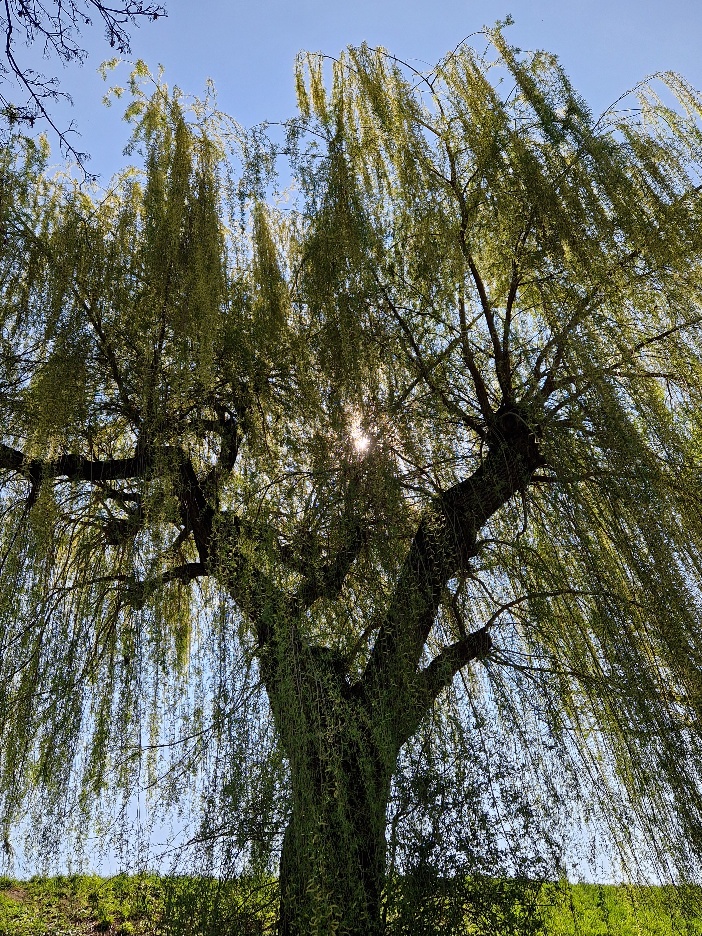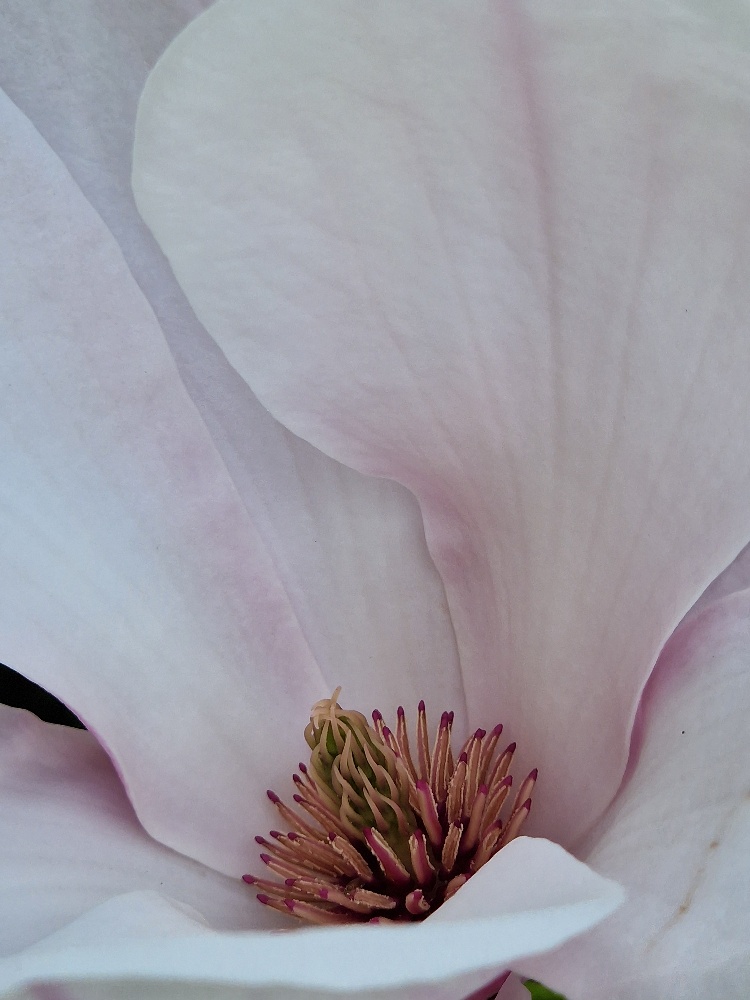Addicts—which I’m convinced are all of us, in one way or another—have an intense resistance to change. We like predictability and control. That’s one of the reasons addicts find it easier to have a relationship with a process or a substance rather than with people. Unlike objects, people are unpredictable. Having a drink, making a purchase, or turning to our devices can change our superficial mood very quickly. Even though the mood shift doesn’t last, it makes us feel like we are in control for a while. We don’t have to change our thinking or way of relating to people. We don’t have to sit with our boredom, discomfort, or anger, which short-circuits our ability to grow up and to move beyond whatever is in our way.
Richard Rohr
`This is under my control´. How often has this signal travelled through the channels of my inner dialogue? On standing back to look at the big picture, however, it becomes apparent that there is very little over which I have true control. Let’s take a closer look at this.
On awakening each morning, it is clear to me that somehow this complex organism we call the body was kept in good, working order during the hours of sleep. My heart kept beating, the lungs kept breathing, and an endless array of further processes kept functioning without any conscious input on my part. It certainly wasn’t me directing operations.
Looking outside, the sky may be metallic grey, as on this November morning, or a crystal clear shade of blue, as is often the case here in the Rheinland. Again, I concede zero control over this. That which does reside within the remit of my free will is how I choose to respond to whatever weather happens to greet me on this new day.
Therein lies the key to my well-being. For many years I struggled against reality, `what was´, especially if this reality did not line up with my demands, wishes, or expectations. `If only this and if only that….´. The mere notion of how much energy was wasted on such `stinking thinking´ inner dialogues now makes me shudder.
Two aspects of my psyche play an important role in creating and maintaining the erroneous illusion of control over life, the universe, and everything. In the first place there is grandiosity. Grandiosity is characterized by affectation of grandeur or splendour or by absurd exaggeration. It that tells me that, while the laws of nature may apply to others, I – through the sheer grandeur of my being – have an exemption. The rules do not apply to me. In essence, this leads me into the trap of `playing God´. In any given situation, I have clear outcomes in mind and, indeed, feel entitled to these outcomes, even if manipulation, deceit, or force are required in order to reach them.
This gets me only so far, of course. Life has a way of showing me my limitations. The people who have been harmed by my actions simply bide their time to get even and life is, by nature, characterised by change; the very change to which I have developed such an intense resistance.
This is where the second character trait plays an important role; defiance. Defined as a `willingness to contend of fight something´, mine is capable of fighting reality, persuasively arguing, for example, that the very same hot stove which burned my hand so many times before, will not harm me next time.
The combination of these two traits is capable of enticing me to turn my back on all the alarm bells inducing me to change my ways. Instead of getting some return from the pain experienced and the suffering caused, I move on empty-handed, wrapped up in denial and destined to create the same wreckage, for myself and others, again and again. The longer this continues, the less capable I become of eventually seeing the reality of my demise. Also, I am now fully engaged with the dysfunctional process of impaired thinking rather than the people around me and, perhaps more importantly, my Self.
Something has to jolt me out of the illusion of control. It may be some rupture such as the breakup of a marriage, the loss of a loved one, an illness or an accident. The `jolt´ is necessary because the grandiosity and defiance render me immune to realising the necessity of change by means of incremental input. I keep rationalising that things are not as bad as I might have at first thought and are still under my control.
The jolt, the `hitting bottom´, while inevitably being very uncomfortable at the time, turns out to be a blessing in disguise. It may take years or even decades for us to clearly see and embrace this fact.
Once, however, the illusion of being in control is recognised as just that – an illusion -, I can begin to appreciate the futility of feeding any more energy into maintaining it.
Yet this realisation is, in and of itself, insufficient. It now becomes indispensable to change my thinking and my way of relating to people, and to desist from `zoning out´, which had long short-circuited my ability to grow up and to move beyond whatever was in my way.
Forced now to confront that which had been successfully dodged all those years, ever since I can remember; namely to sit with my boredom, discomfort, or anger, I begin to realise how little control I have over people, places, and things.
These are the limitations of the human condition. It is what it is. Psychologists tell us we go through a phase of omnipotence in our early years and that this is a necessary phase in the maturing process of every human being. Some of us seem to get stuck or somehow derailed in this maturation process. The good news is that it is never too late to change. All that is required is a degree of willingness and honesty, once the jolt has occurred.
This has long been recognised in the fellowships which have sprung up around the principles of the Twelve Steps, first formulated in the so-called `Big Book´ of Alcoholics Anonymous in the late 1930s and now to be found successfully addressing, on an individual level, a wide array of substance and process related addictions throughout the world. The `X- Factor´ of these groups is the recognition and application of the power of story-telling, community, and mutual service in the process of recovery.
In my opinion, the `healing community´ represents, on a societal level, an alternative to the `command and control´ approach of organising human endeavour, which has clearly failed us. It provides a workable template at this most challenging time in the evolution of our species, to grow up and to move beyond the many things in our way.











2 Antworten
Great article. However I recently advised a friend to engage in self mastery in response to an upbeat message he had posted.Do you think I was wrong to do this ? A little bit of self doubt is probably no harm…and that’s what I am feeling now !
Thank you for your comment Des. I changed the wording before I made it visible on the website… 🙂